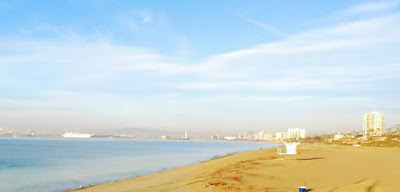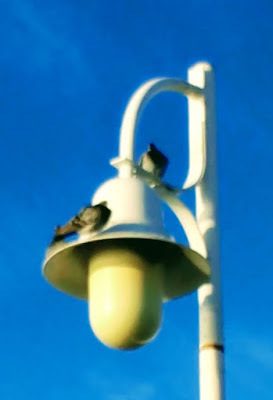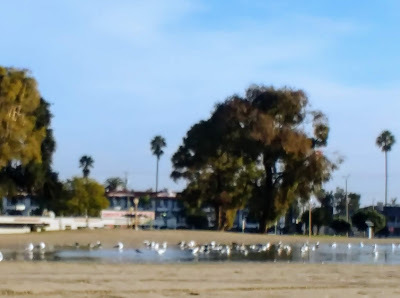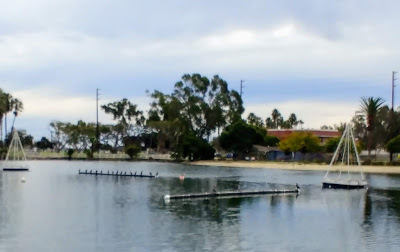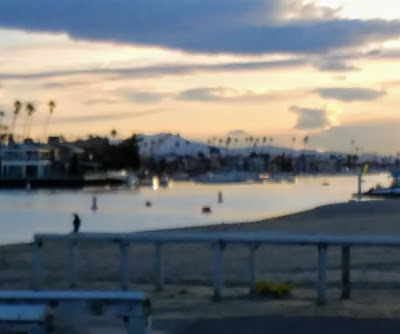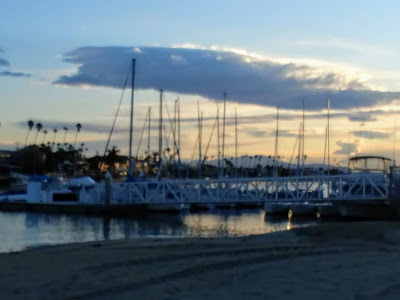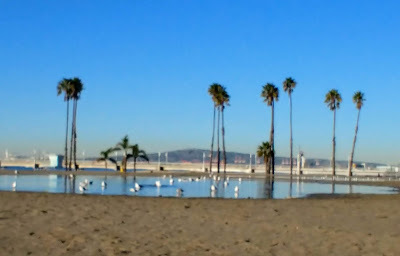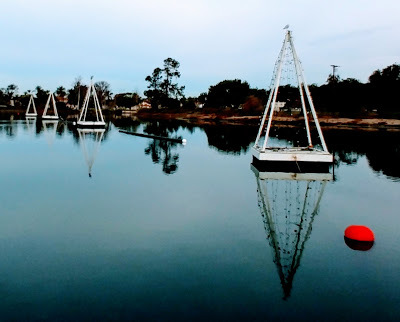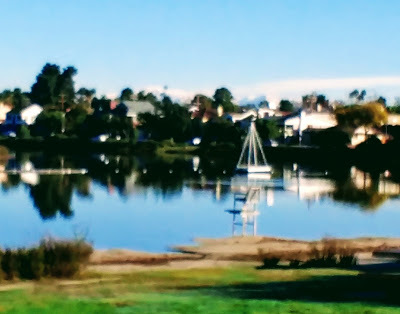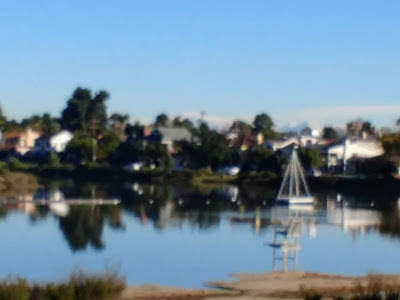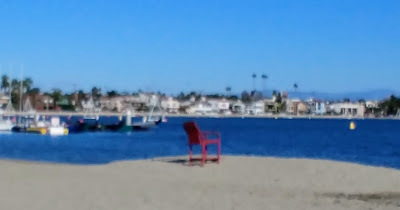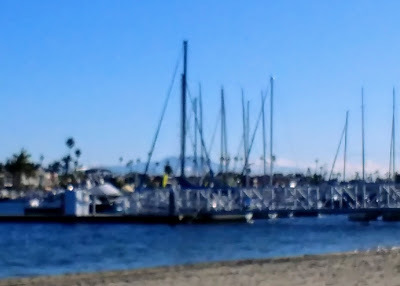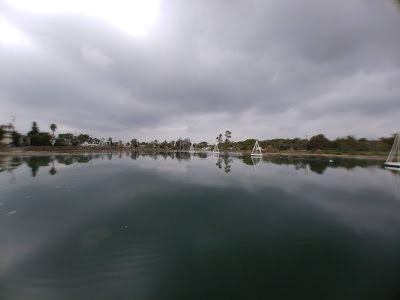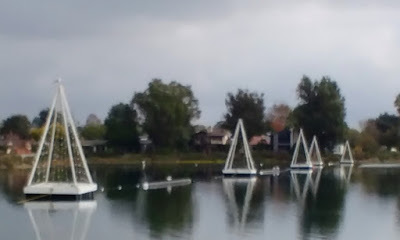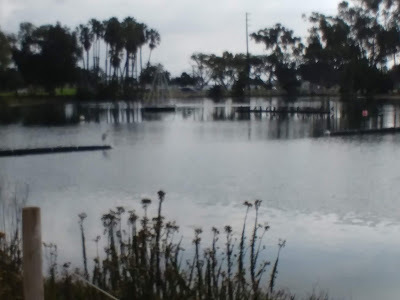R.L. Swihart's Blog, page 109
January 11, 2020
Zagajewski Clip #2 (1/11/20)
Systems have turned us into slaves, dwarfs. The disinterested contemplation of life is a different matter, as for example in Paul Claudel’s “Second Ode,” where the author exclaims, “Oh Credo full of things seen and unseen.” That’s finally all that counts: disinterested contemplation of the world, brimming with admiration or revulsion, or both together. Systems don’t permit disinterested contemplation: they’re sieves, they sift, segregate, eliminate, smooth, simplify, diminish. Systems are like mnemonic devices, ideal for accelerated evening courses … A person who masters any one of them—it demands just a few months of intensive cramming—will be liberated from true knowledge, from authentic, free, gleeful erudition open to reality, but open as well to dozens of varied traditions, hundreds of different painters, composers, writers, united by nothing, almost, except perhaps their unconditional refusal to be tidied within a single system. Each sought truth at first hand, painfully, in joy and disappointment, in depression and inspiration, and each paid a different price for this quest. Some of them met, even became friends, such as Delacroix and Chopin; some knew nothing about each other and still don’t. Those who seek only peaceful contemplation of the world don’t form creative societies, don’t carry membership cards. They don’t want theoretical justification for their works. In his splendid poem on Chopin, Gottfried Benn says, “When Delacroix pronounced his theory, he grew anxious, / since he had no way of justifying nocturnes.” It’s extraordinary: Justifying nocturnes! Justifying ballades!
Published on January 11, 2020 13:52
Zagajewski Clip #1 (1/11/20)
I walked through the Planty Gardens; a little girl zipped past me on a scooter and at that moment I grasped the essence of motion. But I can’t explain it.
Published on January 11, 2020 13:50
December 31, 2019
From Adam Zagajewski's Essays: Slight Exaggeration
In the monumental four-volume anthology of French poetry edited by Jerzy Lisowski and completed after his death, I find a poem whose history is somehow near to me; its author is Gilbert Lely, and the title is “Word and Cold.” Gilbert Lely. Gilbert Lely was a writer linked to surrealism, known—as I read in the encyclopedia—for his erotic poems as well as for a highly regarded biography of Sade. But I know just the one poem, and that’s all I’ll mention here. A Polish version of this poem turned up in the anthology of French poetry, as translated by Konstanty Jelenski. I remember that Jelenski found this poem in yet another anthology, Une anthologie de la poésie française, published by Jean-François Revel in December 1985. The poem struck him, and he gave his translation to the Polish journal Literary Notebooks. I’ll give an excerpt from this—truly beautiful—poem, in which the author (speaker) visits his own grave as he strolls through autumnal Paris.
It’s still empty, waiting in the cemetery at Montmartre:
Looking at my gravestone, with no year or name etched in gold,
A strange thought came to me; living, I have no covers,
Persephone’s recruit, momentarily on leave.
Tomorrow I’ll be bound in that Albigensian granite.
Then I thought of my book: every sentence written differently so many times,
Since the unexpressed requires long resistance.
And this poem’s thought: less relentless than life,
it permits me to start yet again.
Now, reading this poem, I recall the exact location of the Montmartre cemetery, lying in wait beneath that famed Parisian hill. Up above, buses deliver Japanese tourists, and other nationalities, too, who make the obligatory stop at the Moulin Rouge cabaret. Still higher, at the very top, a crowd always gathers at the place du Tertre, seeking some hint of a vanished atmosphere, of an era when hungry young artists—some later became millionaires—made their homes in this district. And now, in the cold and quiet of white stones, smooth marble, the cemetery waits patiently, like a spider hiding in the corner of an elegant room. And Gilbert Lely, already old (his dates are 1904–85), both a surrealist and a bourgeois (since only a bourgeois would have his grave site waiting in this prime location), visits his future and final address. Surrealist and bourgeois, not such an unlikely combination, perhaps in fact ideal.
Published on December 31, 2019 10:36
A Few Pics: Last Days of 2019: 12/30 to 12/31: Around the Shore
Published on December 31, 2019 09:24
December 28, 2019
Possible Next Book Pic
Might try putting another book together this summer. Old and New Poems. Working title: Woodhenge. I'm thinking about cover art: I'm leaning toward some version of this. We'll see. And, of course, I'll have to get the artist's permission.:)
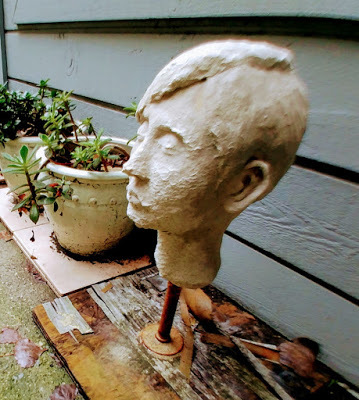
Published on December 28, 2019 12:06
Colorado Lagoon @ Xmas
Published on December 28, 2019 12:02
December 15, 2019
Belmont Shore Pics
Published on December 15, 2019 14:35
Colorado Lagoon Pics
Published on December 15, 2019 14:32
December 14, 2019
Rereading Strindberg's "Inferno"
At length a pause ensues in my sufferings. For hours at a time I sit in the open space before the summer-house, watch the flowers, and think over the recent events. The peace of mind, which I find after my flight, convinces me that I have not been suffering from the delusions of disease, but have been persecuted by real enemies. I work during the day and sleep quietly at night. Delivered from the squalor of my former residence, I feel myself rejuvenated among the roses of this garden—the favourite flower of my youth. The Jardin des Plantes, this wonder of Paris unknown to the Parisians themselves, has become my park. This epitome of creation confined within a narrow circuit, this Noah's Ark, this Paradise Regained in which I wander without danger among wild beasts—it is too much happiness. Beginning with stones, I proceed to the vegetable and animal kingdoms, till I come to man, and behind man I discover the Creator—the great Artist who develops as he creates, sets on fool designs which He rejects later on, resumes plans which have failed, and completes and multiplies primitive forms endlessly. All is the work of His hand. Often in the discovery of methods He makes enormous leaps, and then Science conies and ascertains the extent of the gaps and the missing links, and imagines that it has found the intermediary forms which have disappeared.
Published on December 14, 2019 09:37
December 7, 2019
Morning @ Lagoon (12/7/19)
Published on December 07, 2019 12:41

